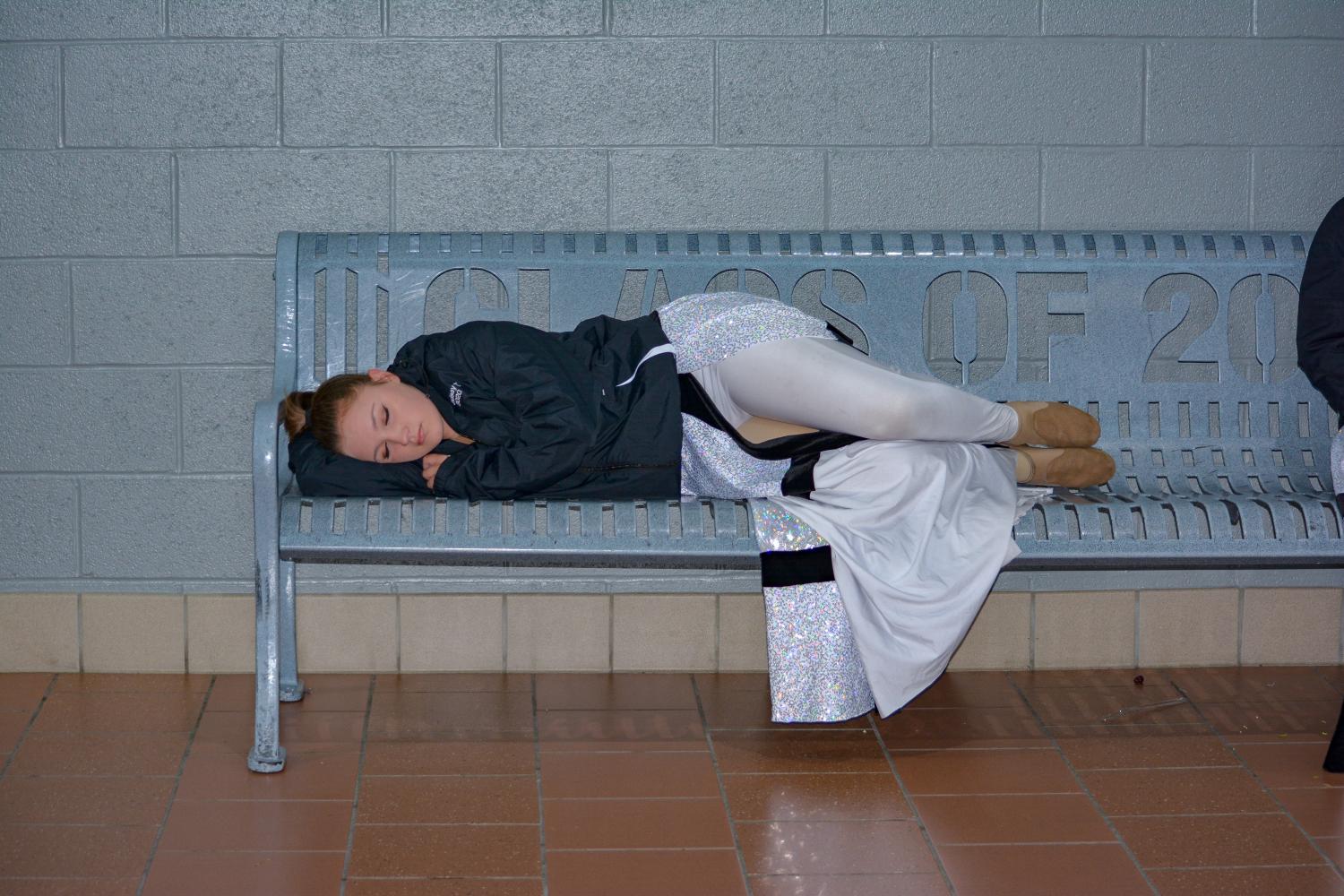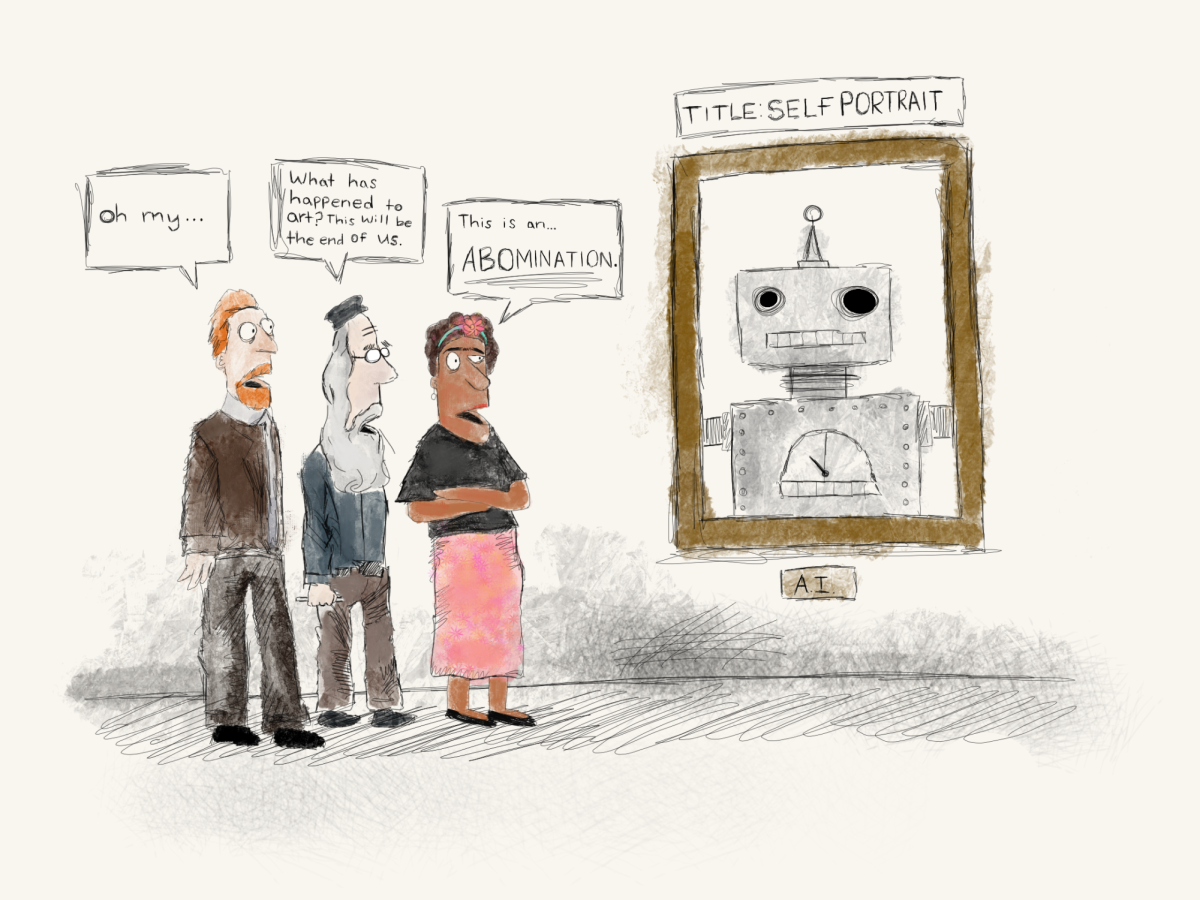When I received that letter, it felt like a weight had been lifted off my shoulders and that I really did belong at Ohio State,” East senior Kya Smith told Spark. The letter Smith received was a scholarship from The Ohio State University’s Office of Diversity and Inclusion earlier this year with a full tuition scholarship aiding in her commitment to the university for the next four years.
Smith said that before the scholarship, her mother suggested that she look for more affordable options for college within the state. As she is one of seven children, The Ohio State University (OSU) is not the most cost-effective option for her family.
On March 19, 2025, the Ohio House of Representatives passed Senate Bill 1. This bill was signed by Gov. Mike DeWine, enacting the Advance Ohio Higher Education Act regarding the operations of state institutions of higher education.
Fourteen public universities and 23 community colleges in Ohio are affected by the bill and funding is threatened to be cut if not followed.
Major Ohio universities have already taken steps to ensure they are following all rules.
Miami University of Oxford released a statement on April 18 stating they will have to make “several organized changes before the law takes effect at the end of June.” The release states that the university will discontinue the Office of Transformational and Inclusive Excellence, Center for Student Diversity and Inclusion, as well as Miami Regional’s Center for Diversity, Equity, and Inclusion.
The dissolving of these programs will impact high school seniors and their thought process when starting the college search.
“Not only does DEI allow opportunities for people who would not normally receive those opportunities, such as African Americans, it also enhances innovation,” Smith told Spark.
Senator Casey Weinstein from Ohio’s 28th District believes the bill will only lower the quality of education that students are able to receive.
“It ill affect veterans. It’ll affect people of color. It’ll affect people who have succeeded despite obstacles and barriers in their way [compared to the] so many advantages that other kids might have had,” Weinstein told Spark.
Weinstein states that the bill will remove pathways to higher education and limit the opportunities for students.
“If you don’t provide the pathway for them, how are they going to see what they could be, right?” said Weinstein.
In early August, Smith was awarded the Morrill Scholarship at OSU. According to the university’s website, this is one of the school’s premier scholarships as it aims to prepare students for a life of advocacy and serve as a “laboratory for social change.”
The scholarship contains three levels of distinction: four year full tuition, four year full tuition for out-of-state students, and full cost of attendance. “I ultimately chose Ohio State because I was given the most scholarship there, but truthfully I didn’t really want to go anywhere else,” said Smith.
Many high school students are in the same boat when it comes to the cost of college. As of April 29, 2025, East senior class has received $7,624,877 in scholarship money. Current college students are also easily affected by Senate Bill 1.
Another part of Senate Bill 1 includes the ban of strikes by full time faculty, the establishment of post-tenure review, and requirement of colleges to publish syllabus with the instructors professional qualifications and contact information for every class, according to Higher ED Dive.
Sophomore at Ohio University (OU) Audree Howell is majoring in political science with certificates in food and society and social justice and believes the bill has already affected OU.
“As a student working with journalism and activism with ACLU (American Civil Liberties Union) on campus, there are definitely areas where OU hasn’t met the needs for students and professors,” Howell told Spark.
Howell believes that OU is not doing enough to continue supporting their students.
“OU does a good job at creating spaces for everyone no matter their identity,” said Howell. “Equity and inclusion I believe are two things that OU needs to put at the forefront.”
Weinstein also believes that the bill strongly holds faculty and staff back.
“What we’re supposed to be providing is really a place where faculty have the freedom to research and the time and the space to do the research that is still critical to our economy,” said Weinstein. “And when you take away those protections, it makes it harder to do the research, then we get less quality research and we get less positive policy.”







































































































